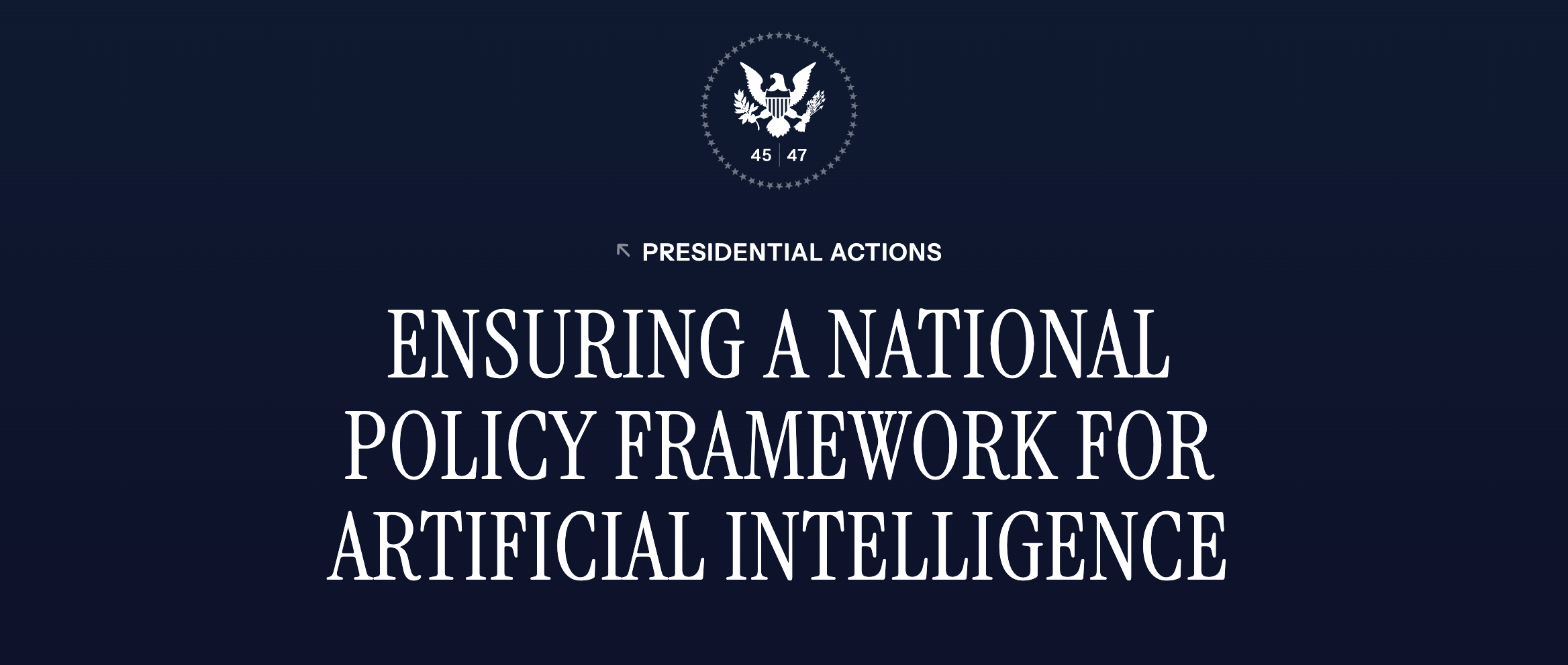
Après des mois de controverse autour de son développement, le ministère de la Santé et des Services sociaux (HHS) a a publié son rapport très attendu sur l'alcool et la santé par le biais du Comité de coordination interinstitutions pour la prévention de la consommation d'alcool par les mineurs (ICCPUD). La recherche a été critiquée dans une lettre d'octobre de 100 membres du Congrès américain qui ont exprimé leur inquiétude en raison de son manque de transparence et des conflits d’intérêts connus des chercheurs impliqués dans le rapport de l’ICCPUD.
Le Centre de choix du consommateur (CCC) David Clément a exprimé son scepticisme quant aux conclusions de l'ICCPUD, affirmant « Cette étude s'est éloignée de l'objectif de l'ICCPUD, qui est de prévenir la consommation d'alcool par les mineurs, et s'est plutôt concentrée sur la promotion de l'abstinence d'alcool dans toutes les tranches d'âge. Il n'est pas nécessaire de creuser bien loin pour découvrir que le rapport de l'ICCPUD est co-écrit par Tim Naimi, un chercheur militant anti-alcool avec des liens financiers déclarés à l’Ordre international des bons templiers, également connu sous le nom de Movendi, un groupe de tempérance.
<< Lire le CCC dans le Examinateur de Washington sur le rapport de l'ICCPUD >>
Le rapport de l'ICCPUD entre directement en conflit avec une autre étude financée par le gouvernement sur l'alcool qui a été a publié Une étude réalisée en décembre par les National Academies of Sciences, Engineering, and Medicine (NASEM), mandatée par le Congrès pour mener des recherches sur l’alcool, a révélé qu’une consommation modérée d’alcool est associée à un risque plus faible de maladie cardiovasculaire par rapport à l’absence de consommation d’alcool, et à un risque plus faible de « mortalité toutes causes confondues ». Une consommation excessive d’alcool augmente ces risques.
Clément a continué : «Cette vague d’informations contradictoires constitue un problème pour les consommateurs, car les messages cohérents du gouvernement fédéral sur la consommation responsable d’alcool ont eu un impact positif réel sur la lutte contre les abus. Une mentalité de prohibition se retourne toujours contre elle en interprétant mal les calculs de risque auprès du public.
<< Lire David Clément dans le Poste financier sur les études sur l'alcool >>
Ces dernières semaines, les informations sur l'alcool et la santé des consommateurs ont été nombreuses, avec en point d'orgue l'avis du médecin général des États-Unis sur un « lien de cause à effet » entre la consommation d'alcool et le risque de cancer. The Consumer Choice Center a également exprimé son inquiétude au sujet de ce rapport et de sa définition élargie de ce qui constitue un « risque » significatif pour le consommateur.
« Ce n’est pas une mince affaire que 100 membres du Congrès demandé « La recherche menée par l'ICCPUD a été suspendue avant la nouvelle année. Elle n'a pas été transparente et n'a pas permis de contrôler correctement les chercheurs. Et maintenant, nous savons pourquoi », a déclaré David Clement. Les experts du Forum scientifique international sur la recherche sur l'alcool (ISFAR) ont appelé le travail des auteurs derrière le « pseudo-scientifique » de l’ICCPUD.
« Avec l’élaboration des directives alimentaires 2025-2030, les Américains comptent sur des conseils gouvernementaux impartiaux pour les aliments et les boissons comme l’alcool, et ce rapport de l’ICCPUD est hautement contreproductif," conclut Clément.
POUR DES QUESTIONS MÉDIAS OU DES ENTRETIENS, CONTACTEZ :
Stephen Kent
Directrice des médias, Consumer Choice Center
stephen@consumerchoicecenter.org
###
Le Consumer Choice Center est un groupe de défense des consommateurs indépendant et non partisan qui défend les avantages de la liberté de choix, de l'innovation et de l'abondance dans la vie quotidienne des consommateurs dans plus de 100 pays. Nous suivons de près les tendances réglementaires à Washington, Bruxelles, Ottawa, Brasilia, Londres et Genève. www.consumerchoicecenter.org




